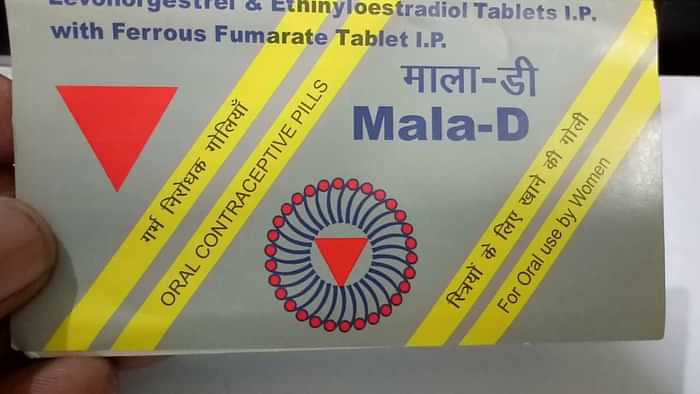
New Delhi: The Narendra Modi government has decided to amend the law to officially allow over-the-counter sale of contraceptive pills under its family welfare programme, ThePrint has learnt.
The pills currently require a doctor’s prescription, a practice started last year after a state drug regulator took issue with a labelling discrepancy that, according to them, wrongly allowed the sale of the drugs over the counter.
Contraceptive pills are key to the government’s family planning drive, which is aimed at stabilising India’s population. India is currently the second most populous nation and home to over one-seventh of the world’s human inhabitants.
The government offers several birth-control pills as part of the programme, either for free or at subsidised rates. These include the brands Mala-D, Mala-N, Ecroz, Khushi, Apsara and Saheli.
While Mala-D, Mala-N, Ecroz, Khushi and Apsara contain the drug ethinyloestradiol, a steroid that performs the functions of estrogen, Saheli, which claims to be the world’s first non-steroidal contraceptive pill, has centchroman (ormeloxifene).
Ethinyloestradiol and centchroman fall under Schedule H of the Drugs and Cosmetics Act, which means they cannot be advertised and can only be sold to patients who have a prescription from a registered medical practitioner.
However, when administered in a fixed quantity for contraceptive purposes, the two drugs also fall under Schedule K of the Act, which allows advertisement and doesn’t mandate a prescription.
In other words, Schedule K only applies to the drugs in some formulations, such as, 30 mg of centchroman (per tablet), 0.3 mg of ethinyloestradiol in combination with 0.15 mg of levonorgestrel (per tablet), and 0.1 mg of levonorgestrel in combination with 0.02 mg of ethinyloestradiol (per tablet).
Levonorgestrel is a synthetic hormone that is a popular birth-control aid used in top-selling emergency contraceptives, including Piramal Healthcare’s iPill.
A source in the Union Ministry of Health and Family Welfare told ThePrint that the government has decided to include these and similar formulations as exemptions in Schedule H, so they can be sold freely.
“Any contraceptive pill in combination with levonorgestrel will be exempted from Schedule H,” said a senior health ministry official.
The move came after the government-run firm tasked with the sale of the contraceptives, HLL Lifecare Limited, said in a letter to the Central Drugs Standard Control Organisation (CDSCO), the apex drug regulatory body, that the prescription requirement was proving an impediment.
Also read: Male contraceptive pills — a step towards equality or will it make women cede reproductive rights again?
‘Purpose defeated’
HLL Lifecare Limited has been selling contraceptives on behalf of the Ministry of Health and Family Welfare, under the National Family Welfare Programme, since 1993.
But last year, a state drug regulator cited Schedule H to flag the over-the-counter sale of the contraceptives, following which HLL was directed to cease the practice and only sell the pills on a prescription. Until then, HLL was labelling the tablets under ‘Schedule K’.
According to HLL, as stated by the firm in its letter to the CDSCO, this hindered sales.
It said advertising was essential for contraceptives to “educate people about the proper use of the product”.
Questioning the prescription requirement, it added, “The drug can only be sold with a prescription of a registered medical practitioner whereas social marketing products are meant for providing affordable contraceptive in the remotest area of the country where availability of registered medical practitioners is a constraint.”